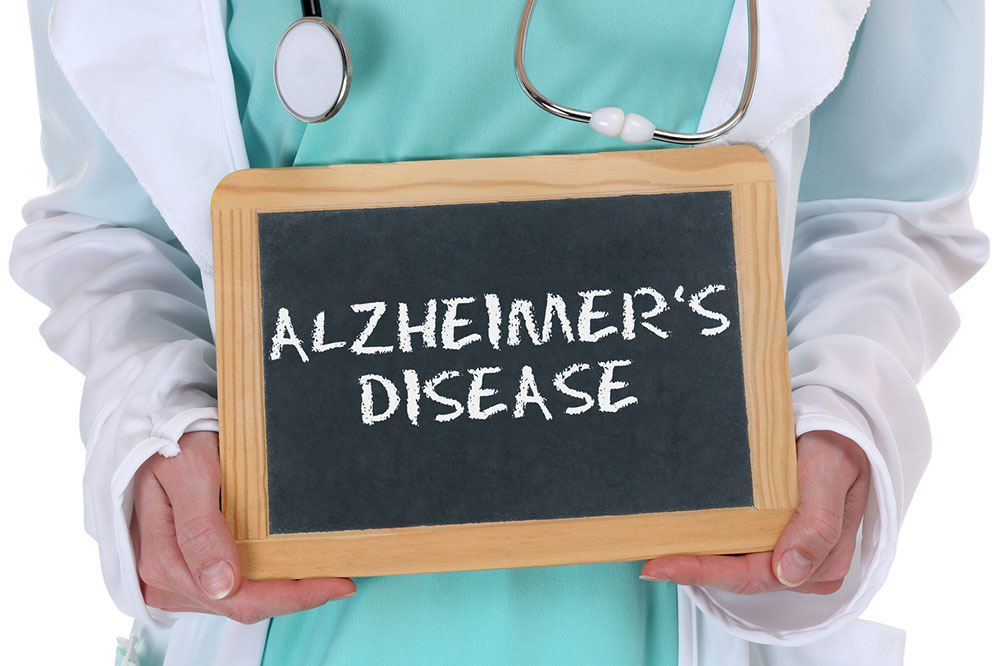Comprehensive Guide to Alzheimer’s Disease: Causes, Early Signs, and Prevention Strategies
This comprehensive guide explores Alzheimer's disease, detailing its causes, early warning signs, and prevention strategies. It emphasizes the importance of early diagnosis, healthy lifestyle choices, and ongoing research efforts to combat this increasingly common neurodegenerative disorder. Learn how lifestyle modifications and medical assessments can help manage symptoms and improve quality of life for those affected.

Comprehensive Guide to Alzheimer’s Disease: Causes, Early Signs, and Prevention Strategies
Alzheimer’s disease (AD) is a complex and progressive neurological disorder that significantly impacts an individual's memory, cognitive functions, and behavior. As one of the most common causes of dementia, AD gradually deteriorates brain functions, making everyday tasks increasingly difficult. Although it is most commonly associated with aging, Alzheimer's can develop in individuals under 65, known as early-onset Alzheimer's. The disease fundamentally alters brain structures responsible for memory and learning, leading to a decline in quality of life for patients and their loved ones. Understanding its causes, recognizing early symptoms, and adopting prevention measures are vital in managing this debilitating condition.
Alzheimer’s disease involves a series of pathological changes in the brain, including the accumulation of amyloid plaques—clumps of protein fragments—and neurofibrillary tangles formed by tau protein. These structural abnormalities contribute to neuronal death and brain shrinkage, particularly in regions involved in memory, reasoning, and language. While the definitive cause of Alzheimer’s remains elusive, research indicates that genetics play a crucial role, with hereditary factors accounting for approximately 70% of the risk. In addition, environmental and lifestyle factors, such as head injuries, high blood pressure, chronic stress, depression, and lifestyle choices, influence the likelihood of developing AD.
The natural process of aging results in some degree of cognitive decline, including slower thinking, minor memory lapses, and decreased mental agility. However, Alzheimer’s disease presents a more severe and progressive decline, beginning subtly with mild forgetfulness and gradually advancing to severe cognitive deficits. Early signs to watch for include difficulty learning new information, getting lost in familiar places, trouble with language, and subtle changes in personality or mood. As the disease progresses, symptoms become more pronounced—patients may experience disorientation, paranoia, difficulty recognizing family members, severe memory gaps, and behavioral changes. This deterioration hampers daily functioning, rendering individuals dependent on caregivers.
Early diagnosis of Alzheimer’s disease is essential, as it allows for timely management and planning. Diagnostic procedures involve a comprehensive assessment, including detailed medical history, cognitive and behavioral evaluations, neuroimaging techniques like MRI and PET scans, and blood tests to rule out other causes of dementia. Because early symptoms often resemble typical age-related forgetfulness, healthcare providers emphasize the importance of prompt testing when even mild cognitive concerns arise. An accurate diagnosis not only facilitates early intervention but also helps patients and families prepare for future challenges.
Preventing or delaying the onset of Alzheimer’s disease involves adopting a healthy lifestyle and managing other health conditions. Strategies include maintaining a balanced diet rich in fruits, vegetables, whole grains, lean proteins, and healthy fats—such as the Mediterranean or DASH diet. Regular physical activity, like brisk walking, swimming, or cycling, improves cardiovascular health and promotes brain circulation. Mental stimulation through reading, puzzles, learning new skills, or engaging in social activities helps develop cognitive reserve, making the brain more resilient to degenerative changes.
In addition to lifestyle modifications, managing cardiovascular risk factors is crucial. Hypertension, high cholesterol, obesity, and diabetes have been linked to increased Alzheimer’s risk, so controlling blood pressure, lipid levels, and blood sugar is paramount. Avoiding smoking and limiting alcohol intake further reduces risk. Mental health maintenance by managing stress, depression, and anxiety can also have a positive impact on brain health. It’s important to note that certain medications or unnecessary drugs should be avoided unless prescribed by a healthcare professional, as they may affect cognitive health.
While no definitive cure exists for Alzheimer’s disease currently, research continues to explore promising treatments aimed at slowing disease progression, improving symptoms, and identifying early biomarkers. Advances in genetic research, drug development, and neuroimaging hold potential for earlier diagnosis and targeted therapies. Until then, managing symptoms and maintaining quality of life remain the mainstay of care, emphasizing the importance of early detection and lifestyle interventions.
In conclusion, Alzheimer’s disease is a complex neurodegenerative disorder with profound impacts on individuals and society. Recognizing early signs, understanding its underlying causes, and adopting preventative health strategies are vital steps in addressing this global health challenge. While scientific breakthroughs offer hope for future cures, current management focuses on early diagnosis, lifestyle modifications, and supportive care to enhance the lives of those affected. Continued research and increased awareness are essential to tackling the growing burden of Alzheimer’s worldwide, aiming for better outcomes and improved quality of life for patients and their families.





